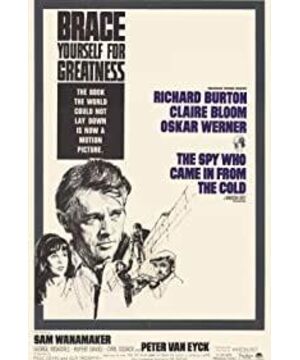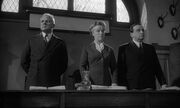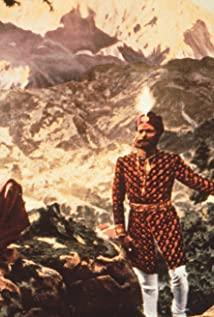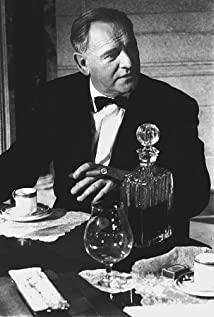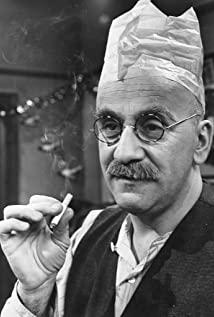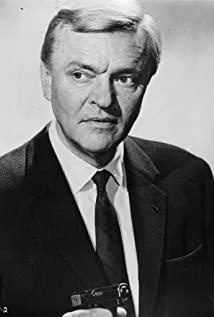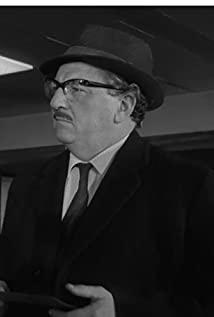was
a cold era, it was a bloody era. It was the era of partition, it was the era of blind obedience. It was an era of infinite ideals and infinite choices. It was your time and ours, but never yours and mine.
Looking back at the post-Cold War era, that era is both far and near. It has become a symbol, a binary opposition, black and white, which can be easily deconstructed by us now. But it seems to have never left, only the body perishes, and the soul is still attached everywhere.
Perhaps it is precisely because of this that "Berlin Spy" is so valuable. In such an era, even today, there are many taboos. As early as 1965, this film, adapted from the novel of the same name by a former British secret agent, was directed at the fig leaf of the ideological struggle under the interpretation of the Oscar-nominated actor.
The English name of the film is The spy who came in from the cold, which Zhang Ailing translated into "The Spy Who Came in to Warm (During the Cold War)", "I'm too unprofessional, but I just want to see the atmosphere. The psychological description in it is very profound, although the protagonist's superiors He's a positive character, and he's also a good-natured swordsman, so sacrificing an old subordinate is nothing." She spoiled the movie in one sentence.
Richard Burton stars as Alec Leamas, a British front-line intelligence officer in charge of Western intelligence networks in East Germany. With his informant shot dead, he was recalled to London by his superiors, ostensibly suspended and given a new assignment in private.
The superiors admonished that if you want to win this immoral war, you must be more immoral than your enemies. Although the experienced agent was a little resentful of such an arrangement, he still chose to obey. Unexpectedly, he fell in love while working hard and trying hard. And the love interest is a naive communist in the free world.
He may have thought that such a love relationship would bring different degrees of influence or even disaster to him and the girl, but he never thought that their relationship would be calculated and used. When the mystery was revealed, he also wished to leave the land of right and wrong with his lover, but finally saw his lover die under the gun of the enemy (also his own).
Limas knew that he was a pawn in the world of espionage, a cannon fodder for both sides of the Cold War. His fate was never under his control, and his existence was only to serve others. So he was calm throughout: from being included in the covert operation, to the revealing of the final mystery. When he opened the door of escape, he might have been surprised, but he was not surprised.
But the result was outrageous. He finally understood that both sides had already lost their moral bottom line in this rotten contest. The camera gives him a huge close-up when one is a colleague's calling and the other is a lover's corpse.
"Jump!" the other side of the Berlin Wall called, calling him back to the West.
But he made the opposite choice. In the face of life and freedom, he chose death and liberation. It is not so much a martyrdom as a martyrdom.
He chose to die. Of course, he was still a pawn and a cannon fodder, but he still made a choice. He can't break free from his own destiny, but he can end this fate with his own hands. He used the most primitive and silent way to accuse this cold bottomless contest.
It also reminds the later generations that under the Iron Curtain, no one is more noble than the other.
View more about The Spy Who Came in from the Cold reviews


